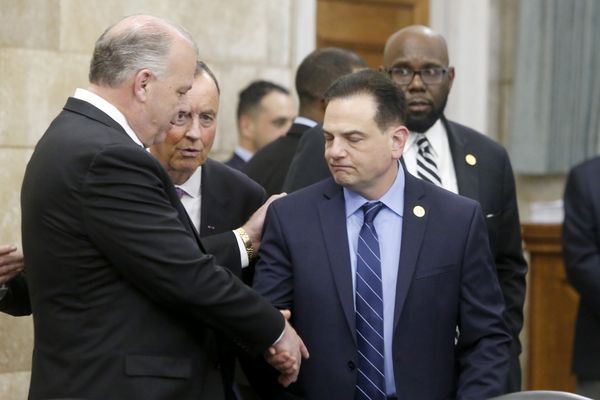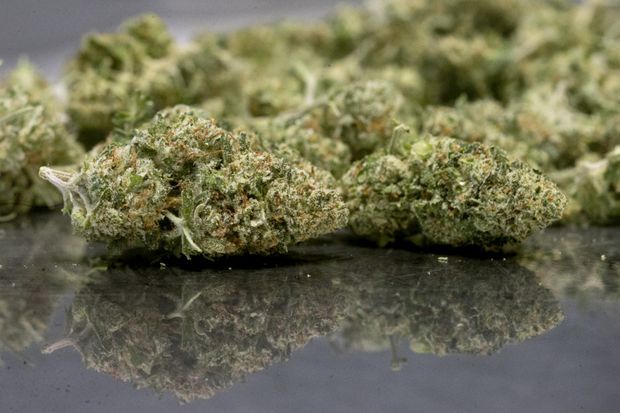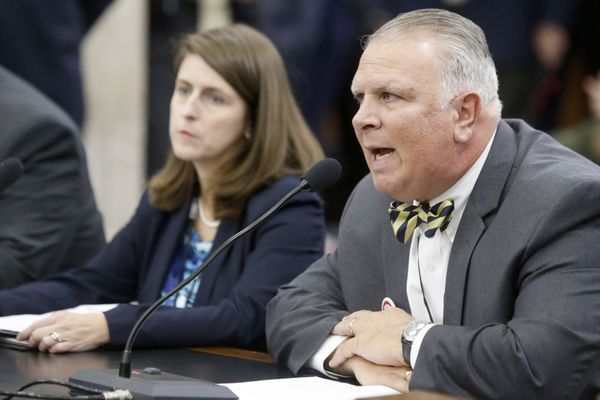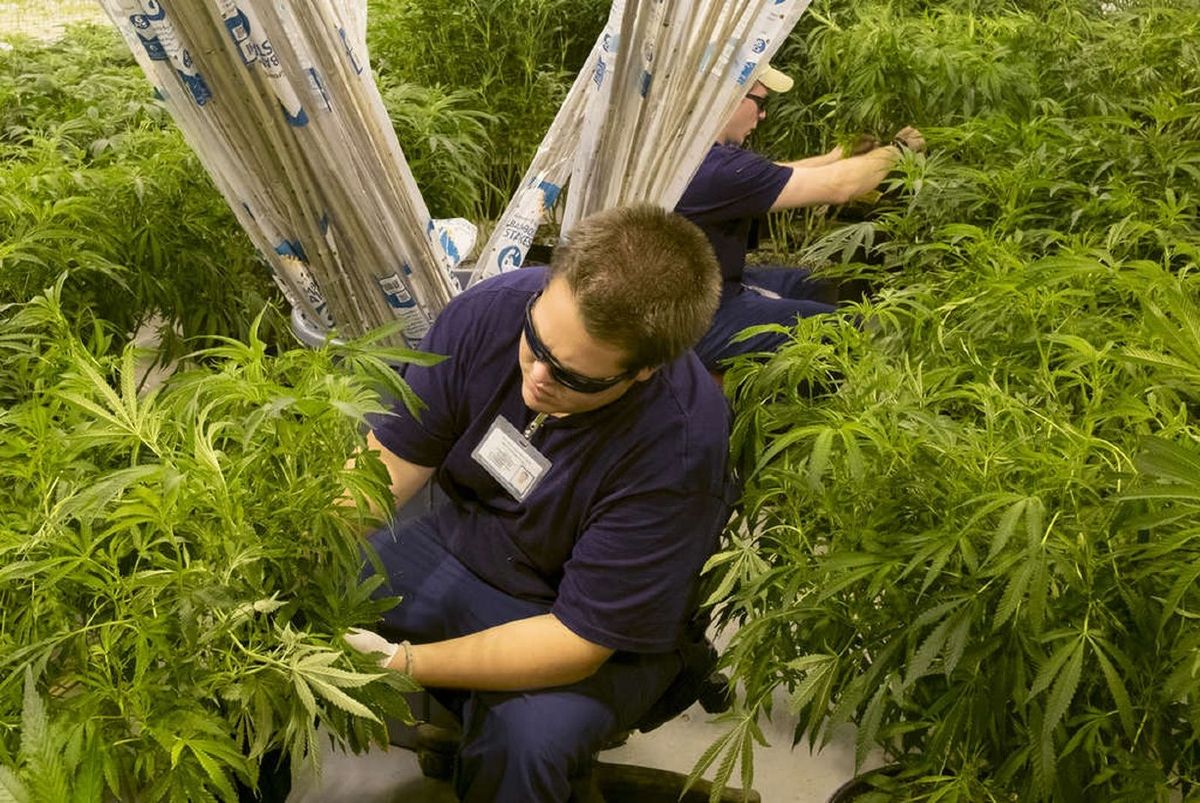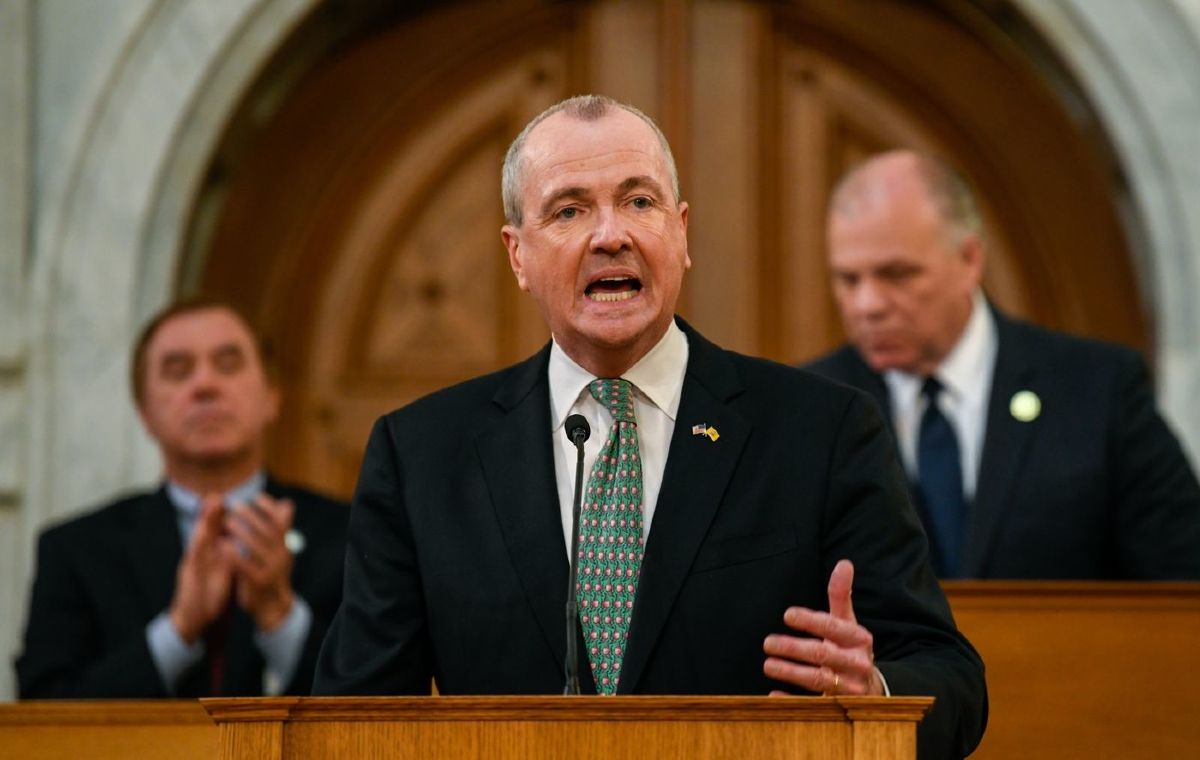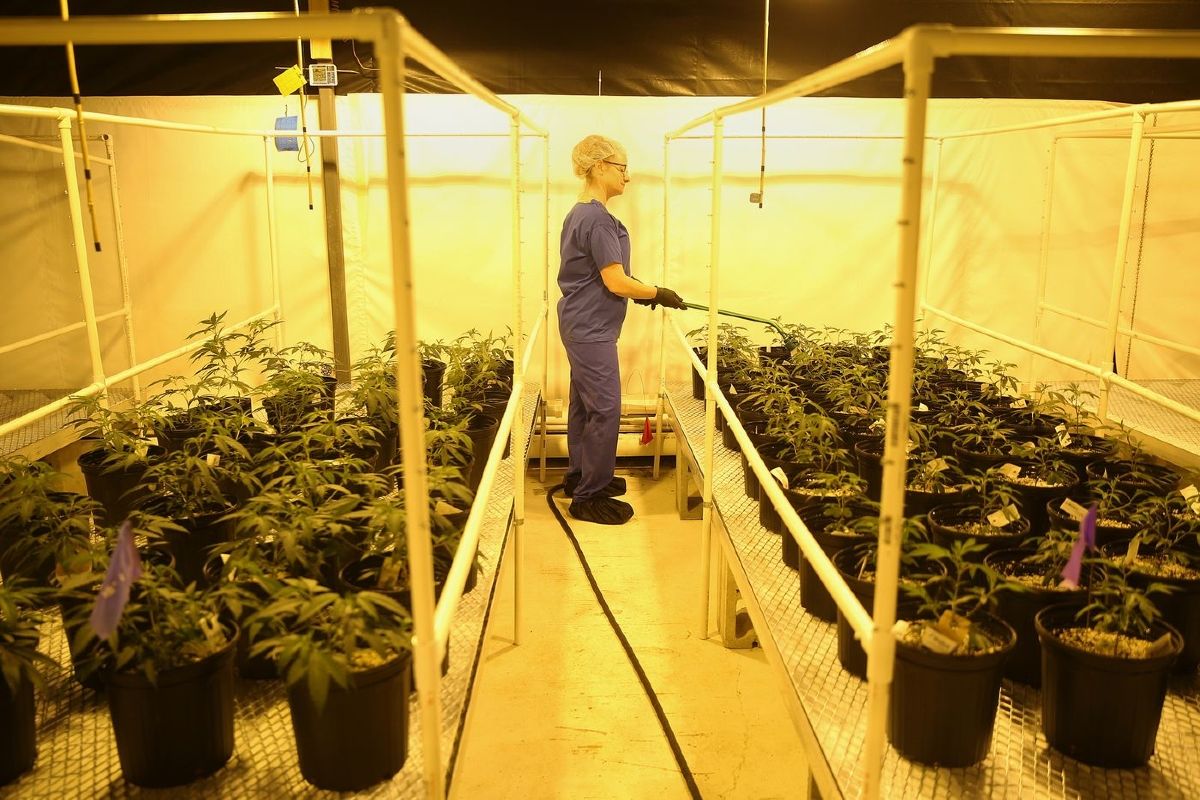Wow, this is massively fucked up!
N.J.’s governor promised to clear weed convictions. Here’s just how hard that will be.
Jeran Crawford was 29 when he first got tangled up with police. He and his cousin were arrested in Irvington in 2010 on 16 counts. He ended up pleading guilty to six charges, including drug possession and receiving stolen property, and was hit with two years of probation.
But after his probation ended, those convictions prevented him from getting even low-level jobs, blocked access to financial aid for continuing his education and initially barred him from getting a license in Pennsylvania to be a funeral director.
Crawford decided to pursue
expungement, a tool used by states across the country to give people a chance to wipe away low-level crimes, like marijuana possession or trespassing. He didn’t get a lawyer. He didn’t need one, he thought. New Jersey has a detailed expungement process that he figured he could get through on his own.
He ran into a wall. Then another wall. And another. Nine years after his conviction, Crawford still hasn’t been able to get an expungement, an experience that’s commonplace in New Jersey. Margaret Love, an attorney based in Washington, D.C., who is an expert on expungements, said New Jersey may have “the most burdensome” expungement requirements in the entire country.
And as troubled as it already is, the system might soon be broken altogether, especially if marijuana is legalized in the state.
Gov. Phil Murphy has promised to clear marijuana convictions as part of his legalization plan — expungements are in fact a crucial part of that plan and a major reason the governor says he supports marijuana legalization.
But Peter McAleer, spokesman for the state Judiciary, said that unless the Legislature changes the rules, people seeking marijuana expungements would be thrown into the same troubled expungement system.
“It’s like you’re allowing more water in, but the cracks are still there,” said Sarah Lageson, a Rutgers professor who runs a program helping people clear their records.
The numbers are considerable. The Judiciary says the state already receives about 10,000 expungement petitions every year. The process is protracted and confusing — experts suspect only a small percentage of people are able to wipe their records. (The state doesn’t actually keep records of how many people it grants expungements.) If the state legalizes marijuana, people with marijuana convictions wouldn’t have to wait seven years to clear their records, as most other people do to start the expungement process.
Translation: The
roughly 1 million people who have been arrested for marijuana possession since 1992 would be eligible to enter — and would likely immediately overwhelm — the expungement system. Despite this looming disaster, lawmakers are still struggling to address the problem.
‘Designed for failure’
New Jersey’s expungement system — launched in 1979 and overseen by the New Jersey Judiciary — isn’t supposed to be this onerous. People convicted of serious crimes, like murder, rape and perjury, among others, aren’t eligible. But those whose crimes didn’t cause widespread harm to others are allowed to apply to wipe their slate clean.
Most states offer some form of expungement or record-sealing. Almost across the board, though, experts report a system in New Jersey that makes it virtually impossible to accomplish what it’s set up to do.

To get an expungement here, you must first request a criminal history from the State Police. To get your record, fingerprints are required, which costs about $50. At this point, New Jersey Courts recommends that you hire an attorney, because any single misstep along the way will result in the petition being denied. Expungement attorneys range from $600 to more than $1,000.
You must then petition the Superior Court of the county in which you were convicted. This step costs $75 and means submitting an application of not just the conviction you want cleared, but any run-in you’ve ever had with law enforcement. If you leave anything out — no matter how minor, sometimes even a disorderly person citation — the petition can be rejected.
But, wait, there’s more. If you haven’t messed up thus far, the courts will set a hearing date. But before you can make your case before a judge, you must notify every level of law enforcement — from the local police to the state attorney general — of your petition. That means making copies of the petition and the criminal history and sending it via certified mail to the seven different law enforcement agencies.

Jeran Crawford, who is trying to get a 2010 drug charge expunged, teaches a workshop on job interview preparedness at NJ Reentry Corp in Newark, NJ.
Jeran Crawford hasn’t actually gotten this far yet, but if he had, he’d be able to see a judge, who ultimately would decide if he’s worthy to have his record wiped clean. Yet that’s still not the end of it. Should Crawford be granted his expungement, he would have to send more certified mail, this time to as many as 12 agencies, notifying them of his expungement. If he fails to get in touch with even one of these agencies, his expungement may not be fully recognized.
The total cost of all this? At least $200 without hiring an attorney, but usually well north of $1,000 — a hefty sum for people who are often simply looking to secure entry-level employment and get their lives back on track.
“It’s designed for failure,” Crawford said of the state’s system.
“This is another example of burdensome filing requirements that make relief illusory for many,” added Love, the attorney who is an expungement expert. “It seems to me the way the New Jersey courts have interpreted the law makes it unlikely that the people who need help the most can get it.”
After his most recent rejection, Crawford began working with Lageson, the Rutgers professor, to help him get his conviction cleared. He’s one of the 60 people that Lageson and her colleagues are helping through the expungement process. Even with a roster of attorneys, though, the program has only had one person clear their conviction in more than a year.
“The burden is so high on the person petitioning for it,” Lageson said. “It’s an unfair burden.”
Unaddressed
So what happens when you add in the prospect of legalizing marijuana, and in effect acknowledge that hundreds of thousands of New Jersey residents with weed convictions probably never should have been arrested in the first place?
The problem is that no one fully knows — and that Gov. Murphy’s administration hasn’t made any significant efforts to address the matter.
Unless New Jersey’s expungement law gets a drastic makeover alongside marijuana legalization, people with pot convictions are expected to be forced into the same flawed expungement system. That’s not what Murphy promised, which has often been a general call for clearing marijuana convictions. He repeated this promise at his State of the State address in January.
“We must ensure that those with a past mark on their records because of a low-level offense can have that stain removed,” Murphy said in the address, “so they can move forward to get a stable job or an education.”
Nonetheless he shied away from any real specifics about how this would be accomplished. Murphy’s office did not respond to several requests for comment.
Potential roadmaps do exist. Under legislation passed last year, California is on its way to automating the expungement process for people with marijuana convictions. The new law requires by July of next year for the California Department of Justice to notify the district attorneys in each county of all people in their jurisdiction eligible for expungement. The district attorneys will then have a year to either expunge those records or challenge the expungement.
In passing the law, California lawmakers acknowledged that they were ready to shoulder the burden and cost of overhauling their expungement system.
Here in New Jersey, though, there remains a lot of uncertainty and talk — and thus far little change. Assemblywoman Annette Quijano, Assemblyman Jamel Holley, and state Sens. Sandra Cunningham and Teresa Ruiz have all introduced bills aimed at reforming the expungement system, but so far none of them have made it through the Legislature.
“We have to do our best to expedite the process for people,” said Quijano. “They’re wearing a scarlet letter, and until we take that away, they’re going to be suffering.”
But setting up such a system would require millions of dollars — Quijano said she didn’t have a cost projection — and cooperation and coordination with several levels of government. Many municipal courts and police departments would have to convert paper records into digital files, and the computer systems at various agencies across the state would have to be able to communicate with each other, which they currently can’t do.
“It’s a huge technological challenge and it’s going to be costly,” said Dianna Houenou, policy counsel for the American Civil Liberties Union of New Jersey.
Alyson Jones, legislative liaison for New Jersey Courts, in November told state Senate and Assembly committees that the court was willing to take on such a task, but raised doubts about how quickly and efficiently it could create the electronic system.
Until then, Lageson says, the people who have the most to gain from an expungement would be the people least likely to be able to get one.
“It reinforces the inequalities that already exist in marijuana convictions,” she said.
For Colleen Begley, who is just shy of finishing her college degree but hasn’t gone back because of her marijuana distribution conviction, the concern is that an expungement bill would leave her behind.
Begley is short just an experimental psychology course from getting her psychology degree from Rutgers’ Camden campus. She was arrested in 2013 for selling weed before she could finish. Now, she says, she’s not going back to school because she knows her conviction would prevent her from starting a career in psychology.
“It would help the overall demeanor of my parents,” Begley said of getting her record cleared. “It would improve my life.”
Begley spoke at an Assembly hearing convened by Quijano in Trenton last June, encouraging lawmakers to rethink New Jersey’s expungement laws. She is one of thousands of people in the state whose future is in limbo.
“There are a lot of holes and cracks here,” Begley said at the expungement hearing in Trenton. “And I am going to ask you guys, please don’t let me and people like me fall through the cracks.”
